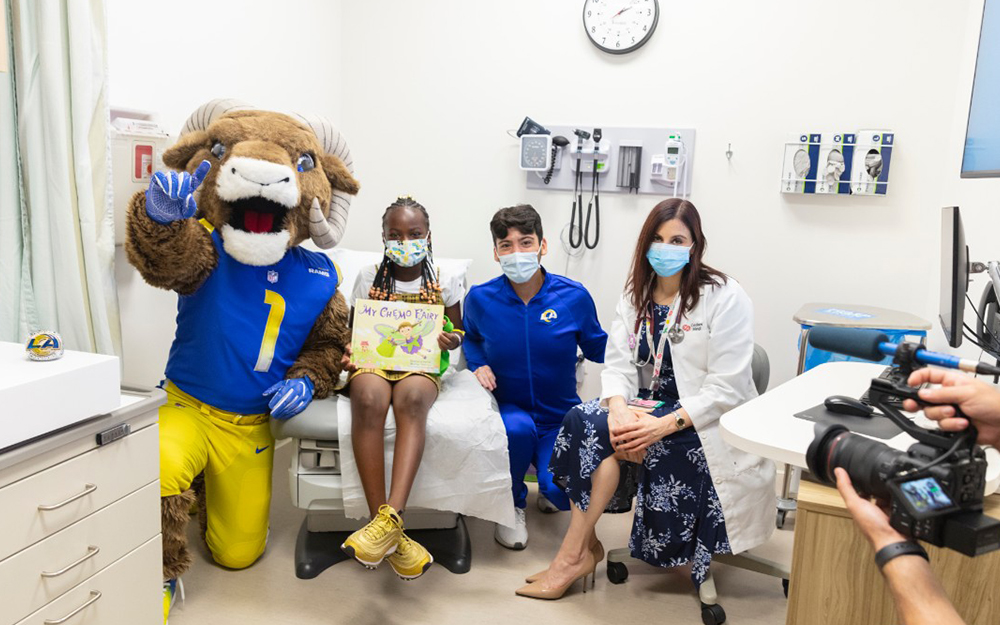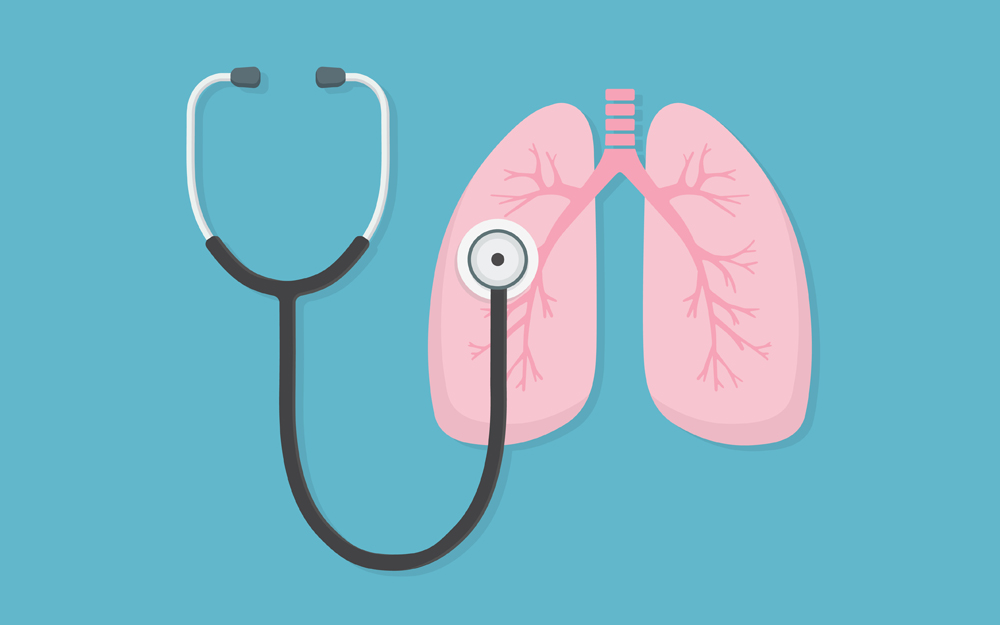When to Worry About Thyroid Nodules
Date
July 29, 2025

Date
July 29, 2025
Credits
Medical providers featured in this article


In Brief
Thyroid nodules are remarkably common. According to the American Thyroid Association, about 50% of Americans will develop a thyroid nodule (or two) by the time they turn 60. Some nodules are solid. Others are fluid-filled cysts. But nearly 90% of thyroid nodules are nothing to worry about.
“Thyroid nodules don’t typically cause problems,” said Wendy Sacks, MD, an endocrinologist at Cedars-Sinai. “Most people don’t even realize they have a nodule until a doctor picks it up during a routine exam or it shows up on an imaging test done to address a separate issue.”
Moreover, most thyroid nodules do not affect hormone function, even if they’re cancerous, so blood work and lab tests usually come back “normal” in patients with thyroid nodules.
What Are Thyroid Nodules?
The thyroid is a small, butterfly-shaped gland at the base of the neck that governs everything from temperature and muscle control to heart rate, brain function and metabolism.
A thyroid nodule is a clump of cells—either soft or firm—that has built up on the thyroid gland. Some of these nodules are visible, and you can feel them beneath the skin. Others are only found through imaging.
“Thyroid nodules are usually harmless, but if they grow large enough, they can affect your ability to swallow or breathe,” said Allen Ho, MD, director of the Head and Neck Cancer Program at Cedars-Sinai. “And nodules that press on the nerves controlling your vocal cords may affect your voice.”
In rare cases, thyroid nodules are cancerous.
Who Gets Thyroid Nodules—and Why?
Doctors don’t know what causes thyroid nodules, but scientists have uncovered a link between Hashimoto’s thyroiditis—a condition where the thyroid gland attacks itself—and the development of thyroid nodules. Iodine deficiency, which is rare in the U.S., is also linked to thyroid nodules.
The chance of developing thyroid nodules increases with age, and women are more likely to develop thyroid nodules than men.
“Thyroid nodules don’t typically cause problems. Most people don’t even realize they have a nodule until a doctor picks it up during a routine exam or it shows up on an imaging test done to address a separate issue.”
What Are the Symptoms of Thyroid Nodules?
Most thyroid nodules don’t produce noticeable symptoms. However, some patients may notice a small lump on their neck when they’re shaving or putting on lotion. Others will develop a hoarse voice, difficulty breathing and swallowing, or neck and jaw pain if the nodule is large. But no matter how nodules appear (or don’t), they’re usually not worrisome.
There are two types of thyroid nodules: cold or hot.
Cold thyroid nodules don’t impact thyroid function, but they’re more likely to be cancerous than hot nodules.
Hot thyroid nodules trigger the thyroid to produce more thyroid hormones. These nodules are almost always benign, but over time, they may cause symptoms of an overactive thyroid, including:
- Anxiety
- Enlarged thyroid (goiter)
- Fast or irregular heartbeat
- Sweating and heat intolerance
- Weight loss
- Hair thinning
How Do Doctors Treat Thyroid Nodules?
Most thyroid nodules don’t require invasive testing or treatment. But thyroid nodules can change over time, and even a seemingly harmless nodule can cause problems, depending on its size and location.
If you have a thyroid nodule (or a few of them), your doctor may take any one of the following approaches to treatment:
- Watch and wait: Your doctor may order periodic ultrasounds to assess the size and location of the nodule and watch for signs of growth or change. Depending how the nodule appears on ultrasound, your doctor may order a biopsy.
- Radiofrequency ablation: This minimally invasive procedure uses ultrasound to guide a probe that delivers heat to shrink the nodule. It’s quick and effective, and patients are usually able to return to their daily activities within 24 hours.
- Radioactive iodine: If you have several thyroid nodules, your doctor may recommend swallowing a capsule or drink that contains radioactive iodine. The thyroid absorbs the iodine, which helps shrink the nodules.
- Surgery: If a nodule is cancerous or interferes with eating or swallowing, your doctor may suggest removing part or all of the thyroid gland. Patients who require a total thyroidectomy—a procedure that removes the entire thyroid—will need to take prescription thyroid hormone to keep the body in balance.
What If the Nodule Is Cancerous?
Only about 10% of thyroid nodules are cancerous, and in most cases, the cancer can be removed surgically.
“Even cancerous nodules are highly treatable, and the prognosis is generally excellent,” said Sacks.
In fact, the five-year survival rate for people with thyroid cancer is 98.4%, according to the National Cancer Institute.
You may have an increased risk of developing thyroid cancer if you:
- Have a strong family history of thyroid cancer, including at least three first-degree relatives who developed the disease
- Have undergone radiation therapy to the head or neck
- Have been exposed to high levels of ionizing radiation
When Should You See a Doctor About Thyroid Nodules?
If you notice a lump on your neck that is growing or isn’t going away, or if you have trouble swallowing, speaking or breathing, it’s time to get checked out.
“Even though most nodules are not cancerous, it’s important for your doctor to palpate and evaluate any unusual or long-lasting lumps or nodules around your neck,” said Ho. “Depending on how the nodule looks on ultrasound, your doctor may recommend a biopsy or annual monitoring for three to five years to ensure it hasn’t grown or changed over time.”





